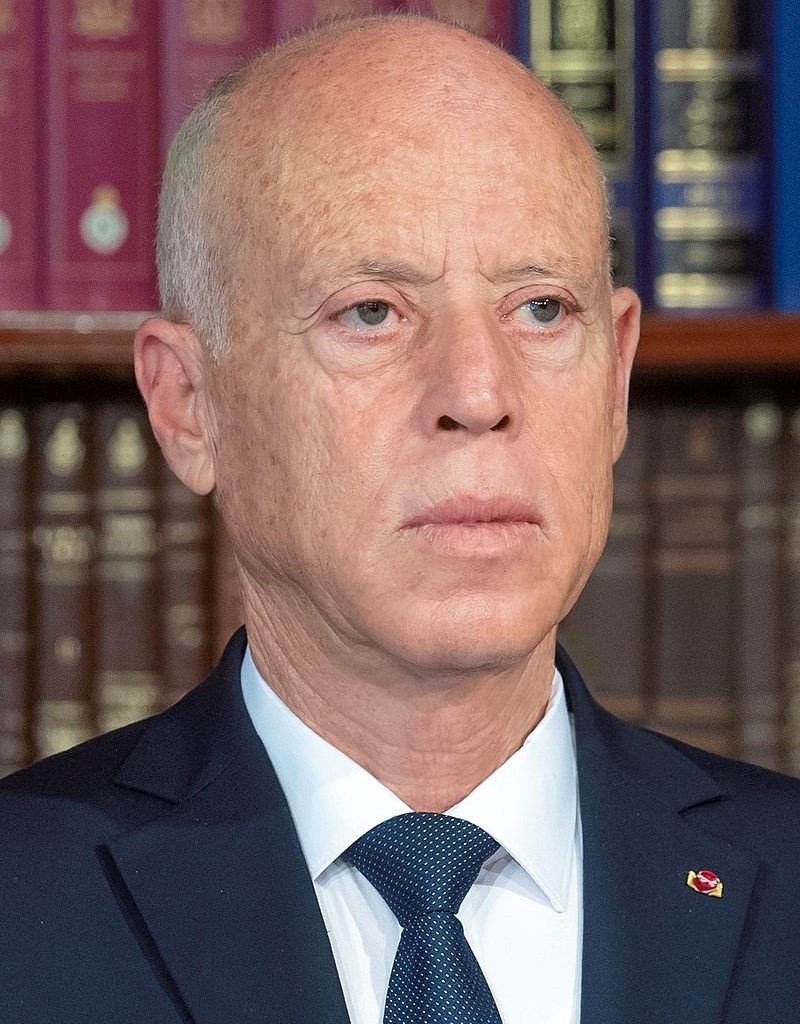By Pieter Cleppe
A referendum in Tunesia is causing concern for democracy in the country. According to the country’s President, Kais Saied (picture), it is needed to advance political reforms. Opponents have retorted that it will however enshrine the powers the President seized one year ago, claiming that this amounts to essentially one-man rule.
Saied stated:
“Our money and our wealth are enormous, and our will is even greater, to rebuild a new Tunisia and a new republic, one that breaks with the past.”
The najor political parties are boycotting the vote. This also includes -the Islamist Ennahda party.
Tunisia's turbulent ride from revolution to presidential power bid https://t.co/yeaQp5FHJ7 pic.twitter.com/mCGv6RUUC5
— Reuters (@Reuters) July 25, 2022
In response, journalist Thomas van Linge commented:
“It’s a sad day for democracy as a referendum on Tunisia’s draft constitution will almost certainly pass, turning the Arab World’s only democracy into a semi-authoritarian state.”
🇹🇳 #Tunisia "votes" on Kais's Constitution today
➡️The constitution holds no provision for removing the president from office pic.twitter.com/JCLHM0ePmN
— Prof. Michael Tanchum (@michaeltanchum) July 25, 2022
Meanwhile, around 1,200 people arrived in Sicily and in Lampedusa from Libya and Tunisia over the weekend, as five dead bodies were also uncovered. The reception centre on the island is only able to host 350 people. The issue is likely to affect the upcoming elections in Italy.
Picture: Tunesian President Kais Saied (Copyright: By Houcemmzoughi – This file has been extracted from another file, CC BY-SA 4.0, https://commons.wikimedia.org/w/index.php?curid=92362875 )

